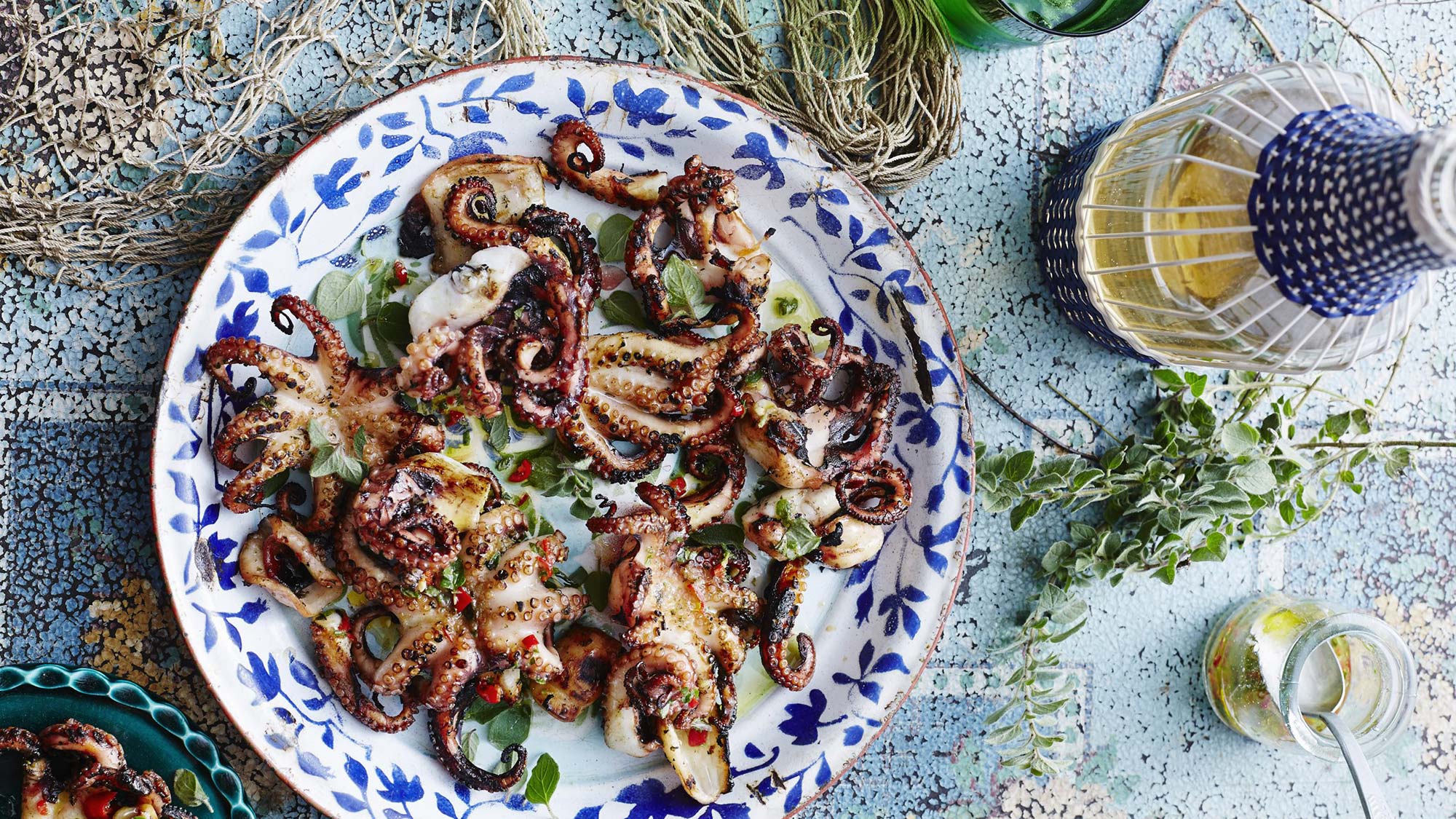
Celebrity news, beauty, fashion advice, and fascinating features, delivered straight to your inbox!
You are now subscribed
Your newsletter sign-up was successful
Read up on what it is and how to try it at home, plus the health benefits it promises
No, not another exotic-sounding fad diet. As the name indicates, following the 'Mediterranean diet' means eating a diet rich in whole foods, mirroring the eating patterns of those living on the sunnier shores of the Med sea.
The phrase was first coined in 1975 by American scientists Ancel and Margaret Keys, when they discovered that those living in the Med had a lower rate of coronary heart disease than, for example, Americans eating similar levels of fat.
This is partly thanks to the type of fat they eat – monounsaturated and polyunsaturated being better for you than saturated. Avocados? Check. Olive oil? You’re in. Oily fish? Oh yeah.
It began to gain traction in the 1990s when presented at Harvard University by scientist Walter Willett, with more recent celebrity fans including Penelope Cruz, Selena Gomez and Kayla Itsines.
What is the Mediterranean diet?
As touched on above, the Mediterranean diet is a way of eating based on the habits of those who live in – yep, you guessed it – countries bordering the Mediterranean sea, like, Spain, France, Greece and Italy.
According to the NHS, it varies by country and region, but generally speaking aims to contain a whole load of:
Celebrity news, beauty, fashion advice, and fascinating features, delivered straight to your inbox!
- Vegetables
- Fruits
- Legumes
- Nuts
- Beans
- Cereals
- Grains
- Fish
- Unsaturated fats, like olive oil.
Stereotypically, those following a Mediterranean diet don't cut out any food groups, but do eat less meat and dairy. Yes, that means you can still eat your favourite Lindt chocolate or Lotus Biscoff biscuits, in moderation. There's a more extensive guide to what are (and aren't) Med style foods in a few paragraphs.
NB: it’s worth noting here that the Mediterranean diet is unlike other ‘diets’, and technically isn't a 'diet' in the traditional sense of the word. It’s a way of living and a lifestyle choice that focuses on enjoying foods that promote overall bodily health, rather than aiming solely to help you lose weight, according to nutritionist Lily Soutter.
Lily adds that, unlike other well-known diets that revolve around calorie counting and macronutrient tracking, the Mediterranean diet’s approach emphasises eating loads of whole foods that are high in nutrients, vitamins and minerals. No cutting out arbitrary food groups left, right and centre, like the Sirtfood diet.
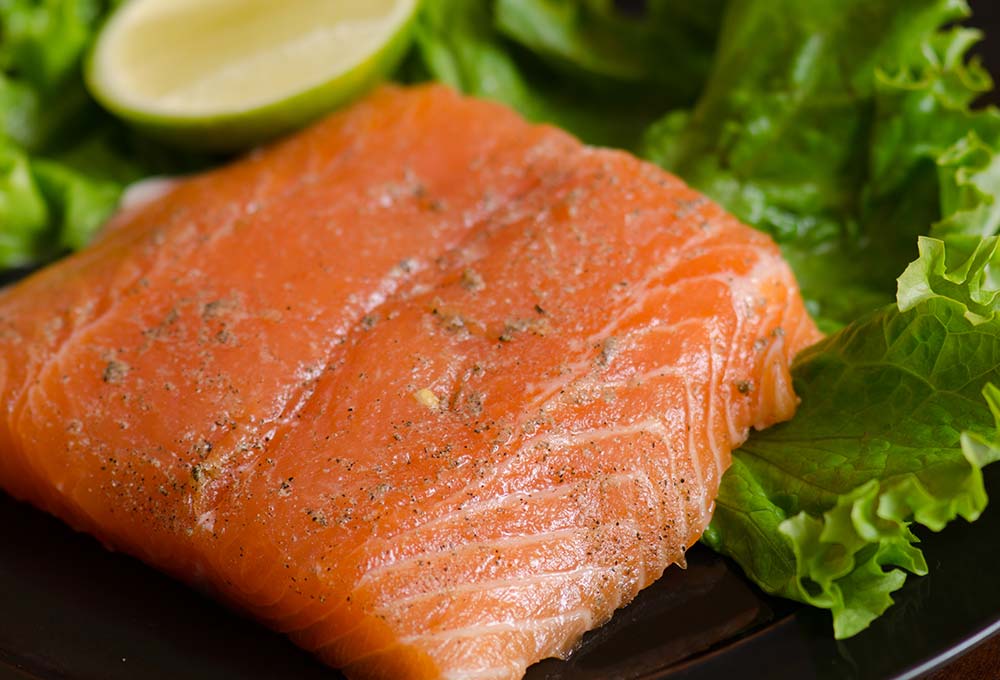
Why should I try the Mediterranean diet?
Simply put, because there's a wealth of research to suggest that the Mediterranean diet is actually really good for you. It figures – swapping your daily Tesco meal deal, crisps and fizzy drink for a salmon salad and mixed nuts is bound to have a positive effect on your overall health (and waistline).
If that doesn't sound too appealing, remember that the Med diet is one of the easiest to follow as it doesn't restrict any food groups. You can still have your sarnie, just mix it up by enjoying a salad the next day. Plus, scientists have found that eating a diet high in veg, healthy fats and complex carbs could increase your life expectancy.
Lily adds: ‘Whilst the Med diet may not suit everyone, it is a healthy, non-restrictive, balanced way of living that meets nutritional requirements and has other health benefits.’ Like…?
What are the health benefits of the Mediterranean diet?
There are several. Think reduced risk of heart disease, type 2 diabetes, high blood pressure and high cholesterol, with some studies concluding that eating foods classified as 'Mediterranean' may even help you maintain a steady weight. Not bad.
Here, Lily shares her nutrition take, and her top four 'pros' of eating Med-style.
1. Weight loss
'A large study in over 32, 000 people showed that sustaining Mediterranean diet for over five years was associated with a decreased risk of gaining weight. However, it’s important to note that any diet which encourages the consumption of nutrient-rich foods and limits high calories processed foods may aid with weight loss.'
2. Heart health
'There is a wealth of research to suggest that this diet may support a healthy heart, partly due to the high content of antioxidants, fibre-rich whole grains and monounsaturated fats within the plan.'
3. Type 2 diabetes
'Some research suggests that following a Mediterranean diet may reduce your risk of type 2 diabetes, so if you've recently been diagnosed, giving it a try won't do any harm.'
4. Inflammation
'Chronic inflammation is associated with heart disease, cancer and diabetes, as well as conditions such as Rheumatoid arthritis. Research has found that the Mediterranean diet may help to reduce markers of inflammation, which could have a positive impact on preventing other health conditions.'
What foods do you eat following a Mediterranean diet?
Now, to the important part. Lily explains that ‘the Mediterranean diet is rich in plant-based foods such as whole-grains, beans, pulses, fruit and vegetables, and high in olive oil as an important fat source'. It also includes moderate amounts of fish, low to moderate amounts of dairy products, and low amounts of meat.
Like a glass of vin rouge come Friday? You’re in luck: the Med diet advocates enjoying certain types of alcohol in moderation, like red wine. Just make sure not to go OTT and drink more than one or two servings per day for women and men respectively.
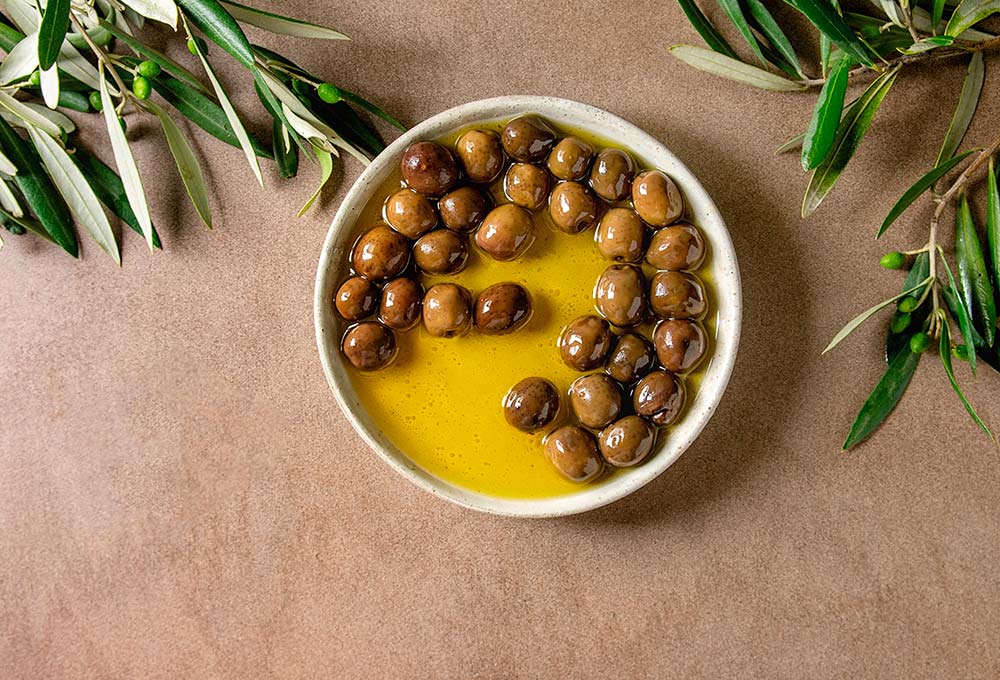
The Mediterranean diet shopping list
Keen to up your intake of Mediterranean foods and need a handy shopping list to screenshot? You're in luck. This isn't extensive – as we've covered, the Med diet is quite inclusive and welcomes most foods. Just perhaps swerve eating dairy and meat, sans anything green, for breakfast, lunch and dinner.
- Extra virgin olive oil
- Fresh fruit
- Fresh veggies
- Fresh herbs
- Fresh spices
- Fresh and canned seafood
- Whole grains
- Legumes (dried and canned)
- Nuts
- Seeds
- Olives
- Capers
- Greek yogurt
- Chees
- Red wine
Mediterranean diet recipes
Mediterranean diet breakfasts
Med-friendly breakfasts include anything packed full of veggies, carbs and healthy fats, like avo on toast, fruit and nut porridge or a veg and egg scramble.
TheKitchn.com has got ten Mediterranean diet breakfast recipes for you to scroll, including this delicious-looking avocado and egg breakfast pizza. Breakfast pizza, you say? We're in...
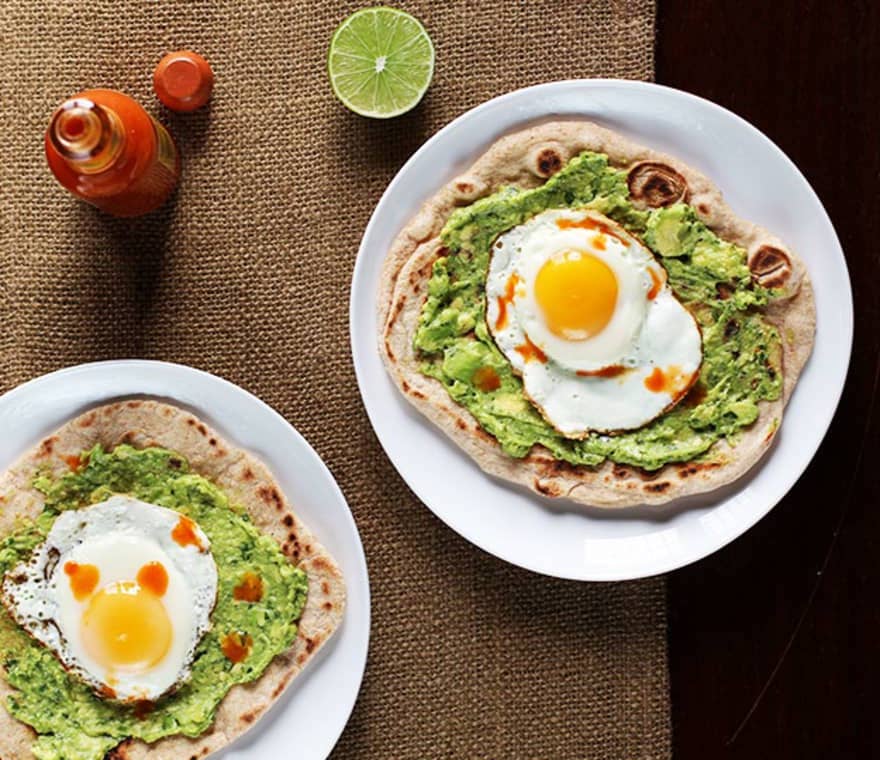
Mediterranean diet lunches
Think veg-packed salads, grain-rich stews and soups, and a whole lot of crunchy fruit and nut bars for mid-afternoon snacking.
Lunch on the Mediterranean diet is easy – if you're prepared. Let MealPrepOnFleek.com point you in the right direction with fifteen Mediterranean diet lunches, and how to prepare them easily the night before to avoid a Sainsbury's supermarket sweep.
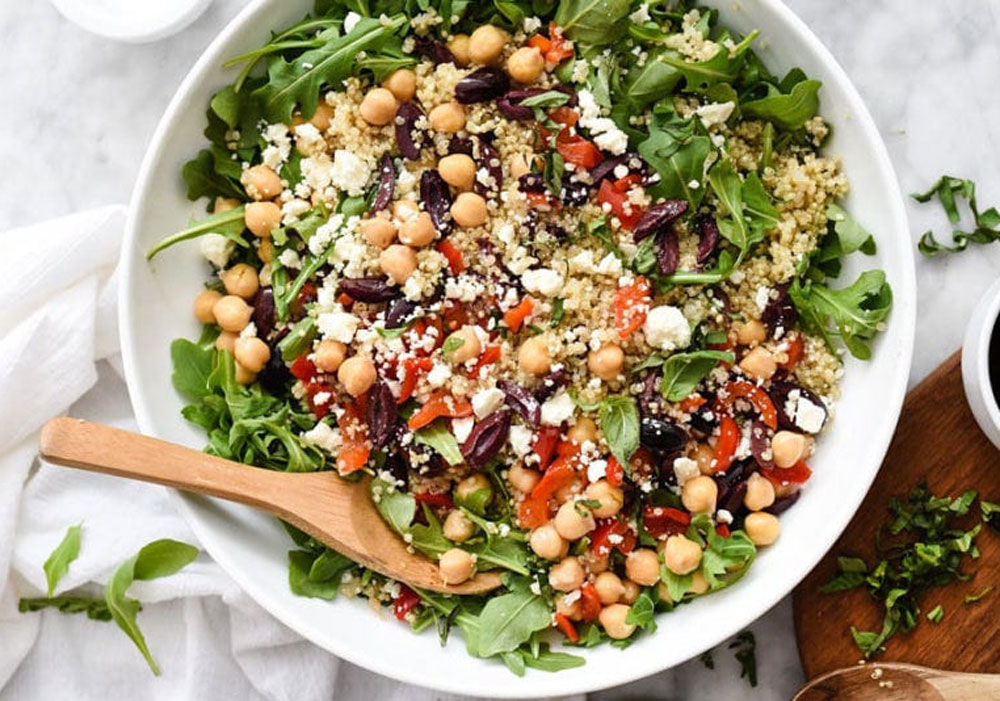
Mediterranean diet dinners
There are almost too many to choose from, but this Greek 'Briam' from MediterraneanDish.com is a veg-packed option that most closely resembles a ratatouille. We like. We like a lot.
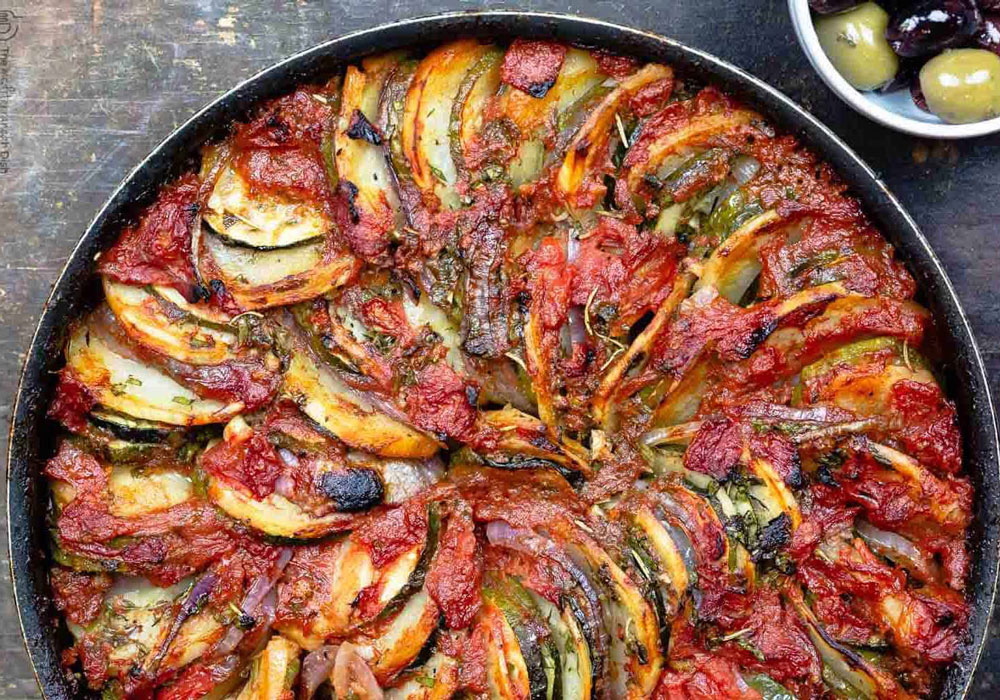
The Mediterranean diet reviews
According to Samantha (@samanthanicolebeauty), who's been following the Mediterranean diet for most of her life now, 'feeding your body with good food is essential'. She said the main reason her eating habits revolve around more Med foods is for how it makes her feel: 'When I follow a Mediterranean diet, my skin looks better, I sleep better, I don't have any GI problems, I am definitely more regular, my nails grow faster – I feel like my overall performance is better.'
'Growing up Italian, I always ate a lot of tomato-rich foods, olive oils and antipasti, but now raising my kids, I enjoy following the Mediterranean diet as a family as it means everything we eat is fresh.'
So, whether you're ready to go all out and overhaul your diet for good or simply fancy, make sure to use our nutritionist-approved advice above, first, and do consult with your doctor before making any drastic diet changes. If Penelope Cruz is a fan...

Ally is Marie Claire UK's Senior Health and Sustainability Editor, a well-regarded wellness expert, ten-time marathoner, and Boston Qualifying runner.
Utilising her impressive skillset and exceptional quality of writing, she pens investigative, review and first-person pieces that consistently demonstrate flair and originality.
As well as writing, Ally manages a team of freelancers, oversees all commissioning and strategy for her pillars, and spearheads the brand's annual Women in Sport covers, interviewing and shooting the likes of Mary Earps, Millie Bright, and Ilona Maher. Shortlisted for three BSMEs and winning one in 2022, Ally lives and breathes her verticals: her eye for a story and connections within the wellness sphere are unrivalled. Follow Ally on Instagram for more.
